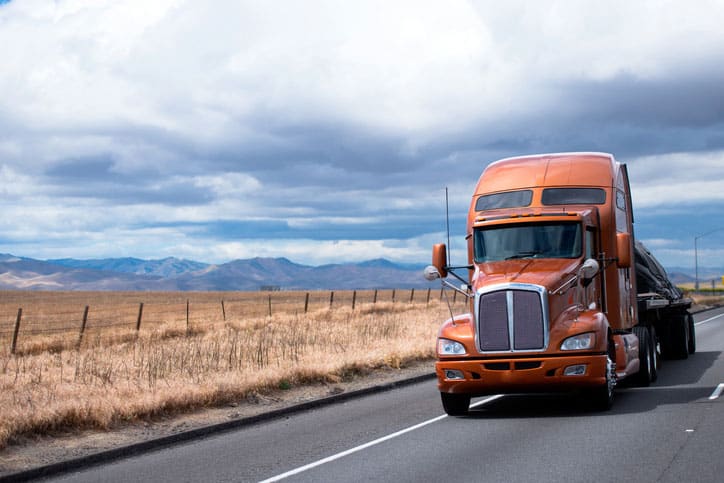Assembly Bill 5 is a recently enacted law in California that makes it difficult for companies to give independent contractors the same rights as employees. Employers are legally entitled to such benefits as workers’ compensation, overtime, minimum wage, and sick pay. Many companies were previously successfully classifying independent contractors not as contractors but as employees to allow them employee benefits. The new law has effectively re-classified around 70,000 truck drivers in California from employees to independent contractors.
As a result, the new law was immediately protested, with truckers blocking cargo movement at the Port of Oakland. This has created complex supply chain issues as cargo cannot leave or enter Oakland. Further down the line, Assembly Bill 5 will likely cause a continual stream of additional supply chain issues.
The California Trucking Association Says the Law Threatens the Status of Independent Drivers
The enforcement of Assembly Bill 5 has already been stalled due to legal objections by the California Trucking Association. The CTA said that the law threatens the status of independent drivers who operate on their schedule and own their own vehicles. This way of working allows them to deal with supply and demand as it ebbs and flows throughout the year. If independent truckers are forced to seek jobs as employees to enjoy employee benefits, it will be harder for them to sustain their living.
This law has left both drivers and carriers with a small number of options, all of which seem to create their own set of issues that could cause additional problems to the supply chain:
- The Employee Model: Drivers could become employees of motor carrier companies. Most drivers, though, prefer the freedom to be self-employed, which has sparked the recent spate of protests. Many motor carriers do not wish to be forced to employ drivers either, as that is a fixed cost and not one that can be reduced and increased to react to supply and demand.
- The Staffing Model: Drivers could become employees of staffing companies, and then motor carrier companies could hire those drivers. This is a similar model to how things work currently, albeit with an additional layer of – and some would say an unnecessary layer of – complication. This benefits the motor carrier companies who do not want to employ drivers but does not benefit the drivers as they still will not be working for themselves.
- The Carrier Model: Drivers can become motor carrier companies, therefore retaining their independent status but at the cost of becoming a company instead of remaining genuinely self-employed. This option creates another layer of complications for drivers (now companies) and existing motor carrier companies.
The biggest fear surrounding these legal changes is that many drivers will be unable to sustain a career as an employee of a carrier company, an employee of a staffing company, or have the desire to set themselves up as companies in their own right. The industry is already short of drivers, and the potential loss of a few thousand more could have a devastating impact on supply chains all over the US, with around 40 percent of all containerized imports entering the country doing so via Los Angeles and Long Beach ports.
Reach Out to USA Strapping to Learn More About Properly Securing Your Shipments
At USA Strapping, we’re constantly keeping up with the latest news in the trucking industry. For the best strapping products and accessories available in the United States. Forget steel strapping – our woven polyester cord strapping is the way forwards, as it is much stronger and will outperform all other strapping options. Contact USA Strapping at (888) 768-0001 or via email through our online contact form to learn more.

